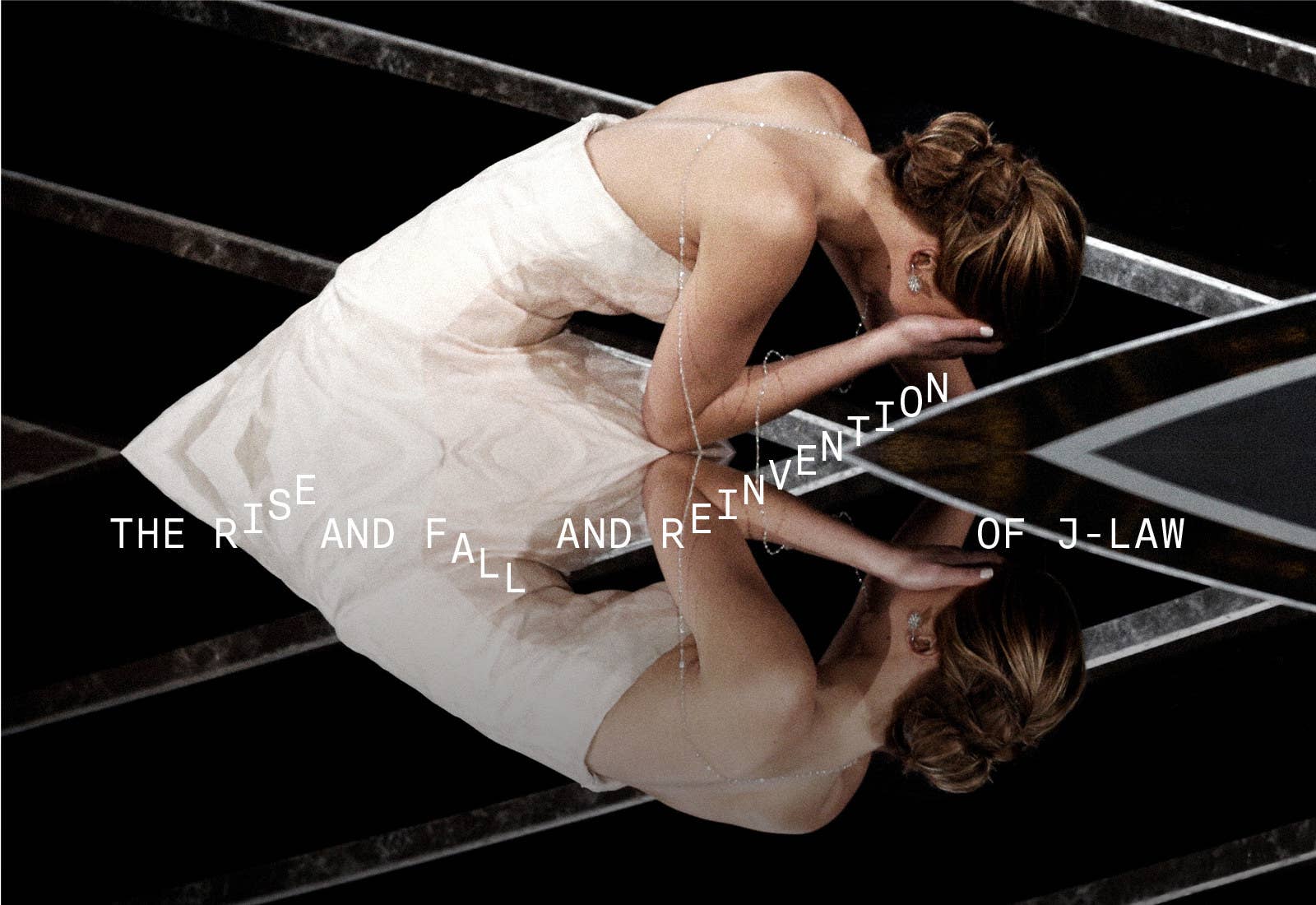
It is now February 2023, and here I am, finding myself immersed in the Oscars’ official YouTube channel once again. Specifically, I’m drawn to a particular video titled: “85th Oscars (2013): Jennifer Lawrence Takes Home Best Actress Award.” Over the course of ten years, this clip has accumulated a staggering 15 million views, and I must admit that I have personally contributed a fair share to that number. With each viewing, I have become intimately familiar with every moment captured within the two-minute video. From the enthusiastic applause Jennifer delivers upon hearing her name among the nominees, to the bewildered expression on her face when she realizes she has won, to the precise instant she stumbles and falls onto the stage while making her way to accept the coveted award.
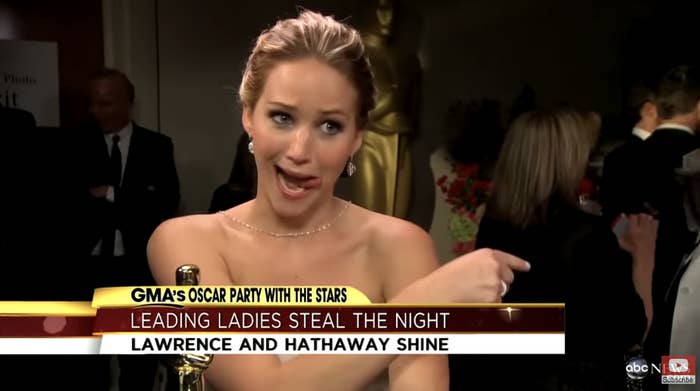
The vision of Jennifer gracefully descending the staircase in her elegant Dior gown is etched deep within my mind, not only because I had a cherished photograph of that moment proudly displayed on my bedroom wall during my teenage years. Back in February 2013, at the tender age of 14, I regarded Jennifer Lawrence as the epitome of coolness and inspiration, believing her to be the most remarkable individual to have ever graced our planet. Despite her victory at the illustrious Oscars ceremony, which took place thousands of miles away from my own humble abode, Jennifer exuded an air of approachability that resonated with me.
Like countless others, I immediately connected with Jennifer when she was cast as the iconic Katniss Everdeen in the film adaptation of “The Hunger Games” back in 2011. Having devoured the books and held a deep fondness for the character, I was thrilled to learn that Jennifer would be the one to bring her to life on the big screen. As the years passed, my admiration for her only grew stronger as I acquainted myself with her through captivating talk show appearances, lively press junkets, and captivating magazine features.

She delighted in sharing her boyish inclinations, which were cultivated during her adventurous upbringing alongside her two brothers. (I can relate—I have brothers too!) She found humor in the face of societal pressure to conform to diets and instead championed the significance of indulging in carbohydrates. (Just like me, she’s a pizza lover!)
Despite finding herself in embarrassing situations surrounded by the most renowned personalities, she somehow managed to remain unscathed. With the allure of a supermodel and the wit of a comedian, she exuded a certain familiarity that reminded me of a slightly older girl from my school whom I could envision befriending someday. So, every time I glanced at that Oscars photo of her on the staircase, I couldn’t help but see a familiar face.
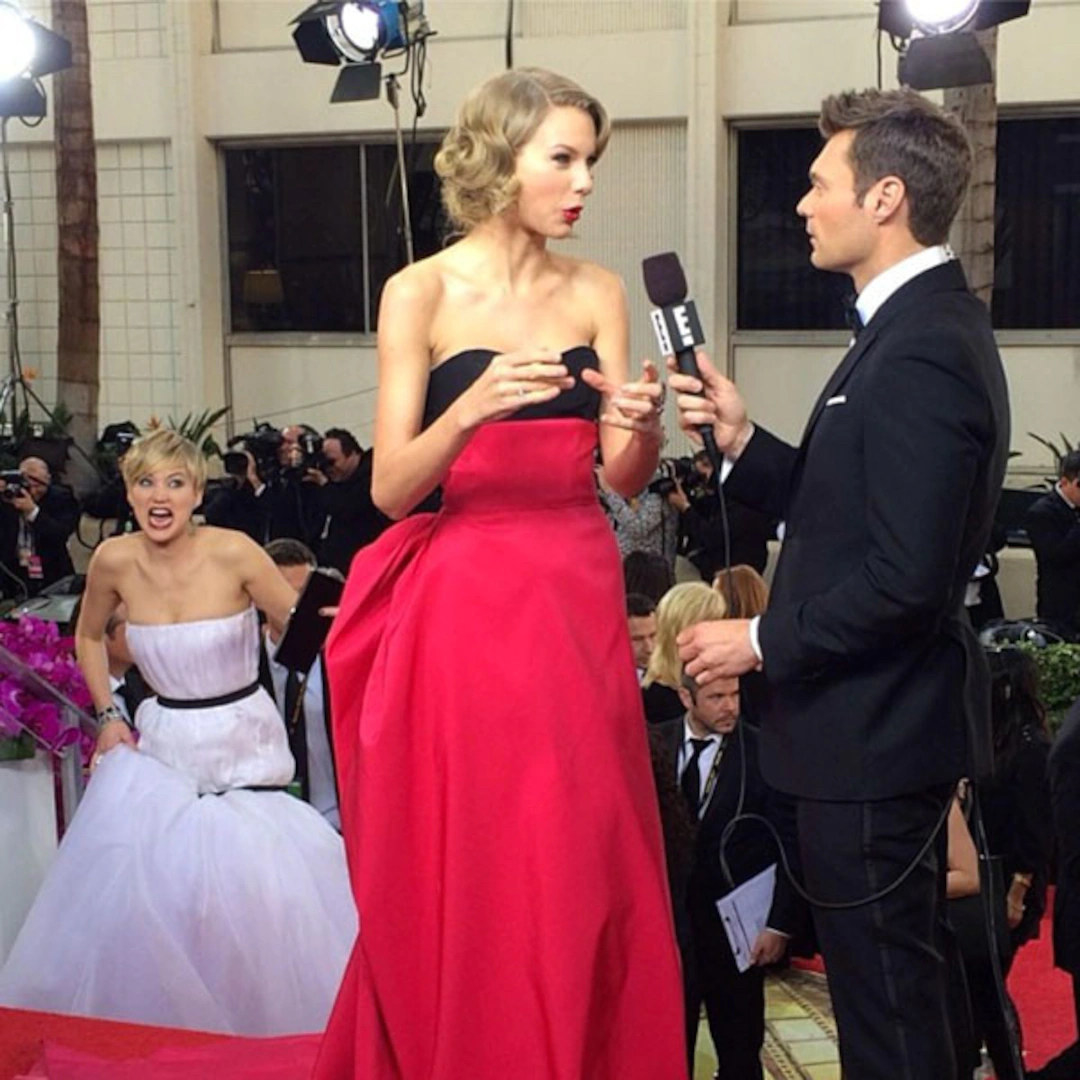
However, this appeal did not exclusively apply to me or girls of my age. It also transcended gender boundaries, as girls and women of all ages found her amazing and relatable, while boys and men from around the world admired her for her attractiveness, fun nature, and carefree attitude.
A major reason for her universal appeal was that she perfectly embodied the concept of the “Cool Girl,” which was initially introduced in Gillian Flynn’s 2012 novel, “Gone Girl”.
The Cool Girl is someone who can effortlessly fit in with the guys, enjoying a beer, cracking dirty jokes, and discussing football. She is open about her sexuality and does not harbor the body image insecurities that many other women do. Maintaining her slim figure at a size 2, she happily indulges in cheeseburgers, fries, and pizza without any worries. She exudes a relaxed and laid-back demeanor, never nagging or getting angry. Her attractiveness is natural and effortless. Men are enamored by her, while women aspire to be like her.
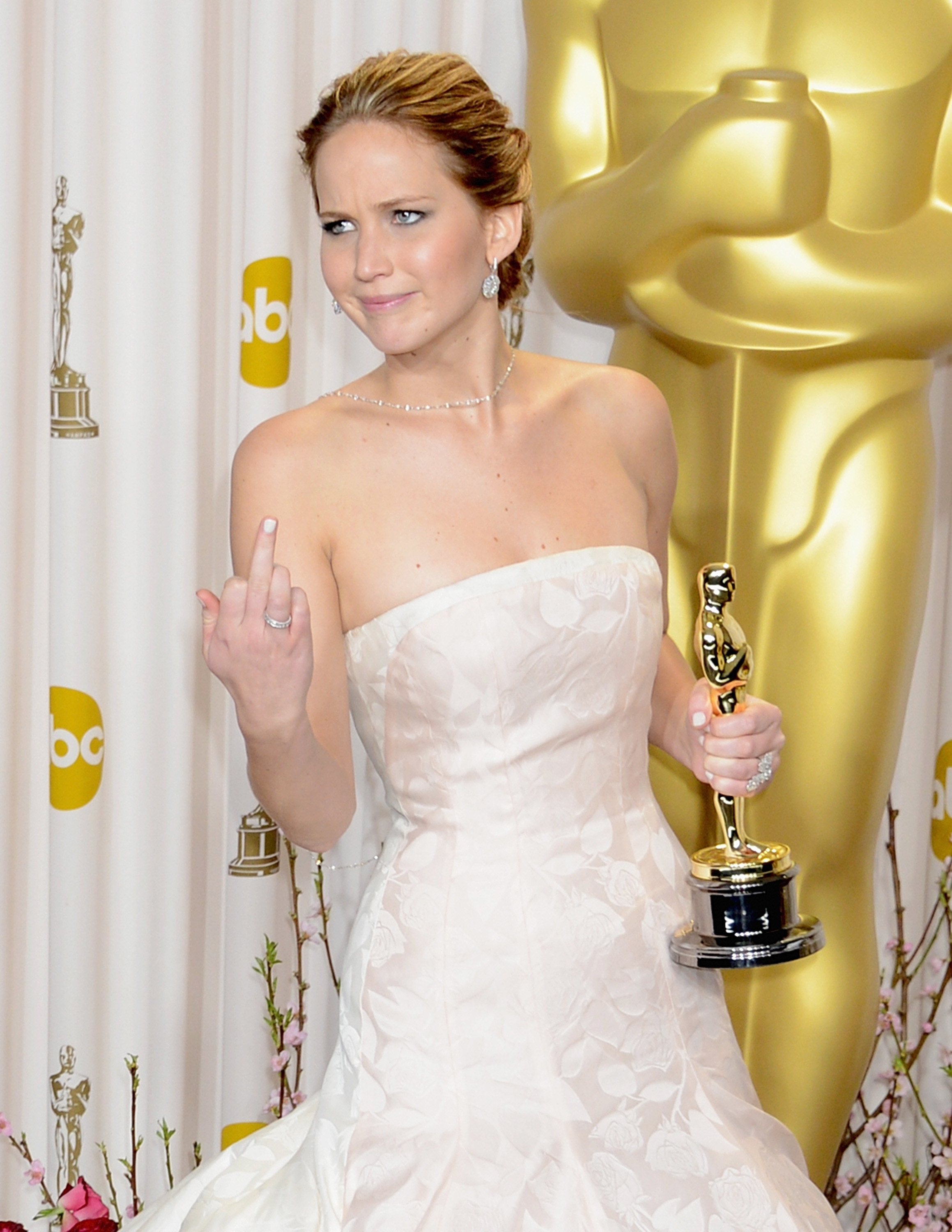
Whether consciously or not, Jennifer effortlessly embraced this persona. She made appearances at awards shows, boldly sipping champagne straight from the bottle. She shared anecdotes involving provocative topics and geeked out over other famous individuals, unafraid to express herself. She even cheekily gestured at photographers, defying the typical expectations placed upon celebrities. In doing so, Jennifer not only challenged the conventional image of a woman movie star but also redefined what it means to be a celebrity in general. While most stars exude poise and control, Jennifer embodied a carefree and spirited nature. She embodied the demeanor of an ordinary person who found themselves in a room full of A-listers with a glass of wine in hand. This lack of inhibition, her unique quirks, and relatability became her trademark, earning her adoration from all. Jennifer Lawrence could seemingly do no wrong, until the tables turned.
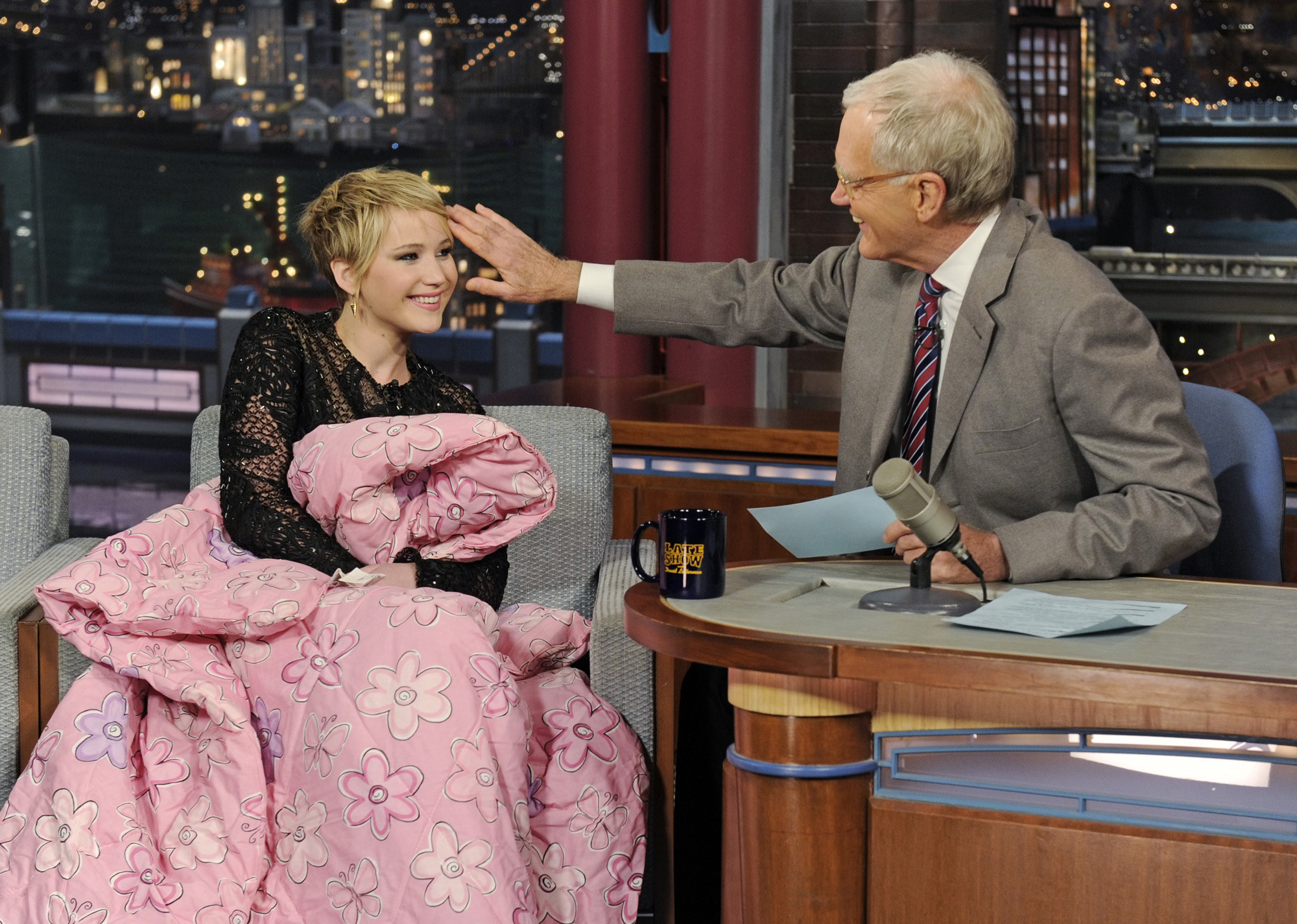
In recent times, there has been a shift from the concept of the Cool Girl to the emergence of the Pick Me Girl. However, being referred to as a Pick Me Girl is not something to be proud of. Similar to the Cool Girl, the Pick Me Girl rejects traditional feminine behaviors in an attempt to differentiate herself from other women and gain the attention and affection of men. Unfortunately, this often involves tearing down other women in the process.
It is clear that both the Cool Girl and the Pick Me Girl stem from a patriarchal mindset where women are constantly seeking male approval while competing with one another. However, it is concerning how negatively society responds to the Pick Me Girl. There is little tolerance for a woman who is perceived as “trying too hard.” Women are expected to effortlessly and naturally be cool and appealing, without any ulterior motives.
Take the example of Jennifer at the 2014 Oscars. When she fell for the second time, public opinion quickly shifted. While her previous mishaps had endeared her to the public, this particular incident had the opposite effect. She was accused of being calculated and staging the fall for publicity. Critics questioned whether she was simply putting on an act. Online, people expressed fatigue with her behavior. The overwhelming sentiment was that the moment seemed too orchestrated, suggesting that she was trying too hard to play the part that the public expected of her.
Interestingly, men rarely face such accusations. In fact, being strategic and calculated is often seen as admirable in men. Young male actors like Tom Holland and Timothée Chalamet, for example, have successfully balanced commercial success with critically acclaimed projects. They are just as visible as Jennifer was in 2014 and have amassed large and devoted fanbases. Their success can be attributed to their immense talent as well as their charming, candid, and occasionally awkward personalities.
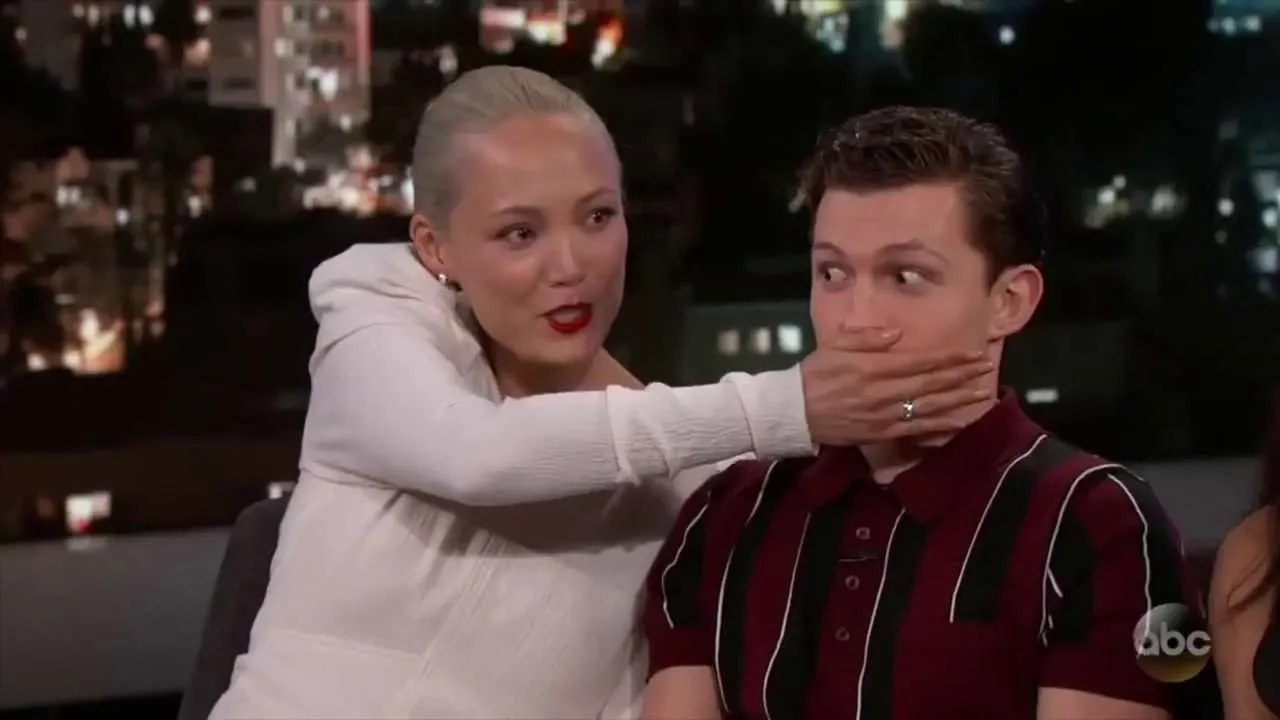
Tom, for instance, has gained a reputation for inadvertently revealing movie spoilers during interviews. This has become so recurrent that he is often accompanied by more experienced cast members who act as chaperones during press events. Despite these slip-ups occurring frequently, they are met with laughter, praise, and even turned into memes, portraying him as endearingly innocent. It is doubtful that a female counterpart would receive the same widespread and consistent admiration for what would likely be seen as a calculated marketing strategy.
In Jennifer’s case, her decline was rapid. Although she had no shortage of projects, such as “Joy” (2015), “X-Men: Apocalypse” (2016), “Passengers” (2016), “Mother!” (2017), and “Red Sparrow” (2018), none came close to achieving the same level of critical and commercial success as her earlier work. Articles started circulating, suggesting that she had pushed her luck and become too much. Thinkpieces labeled her as the least impressive actress ever, drawing comparisons to Anne Hathaway, another celebrity accused of trying too hard.
Other celebrities were quick to label her as annoying and crass. Entire online forums emerged where users could freely express their hatred towards her.
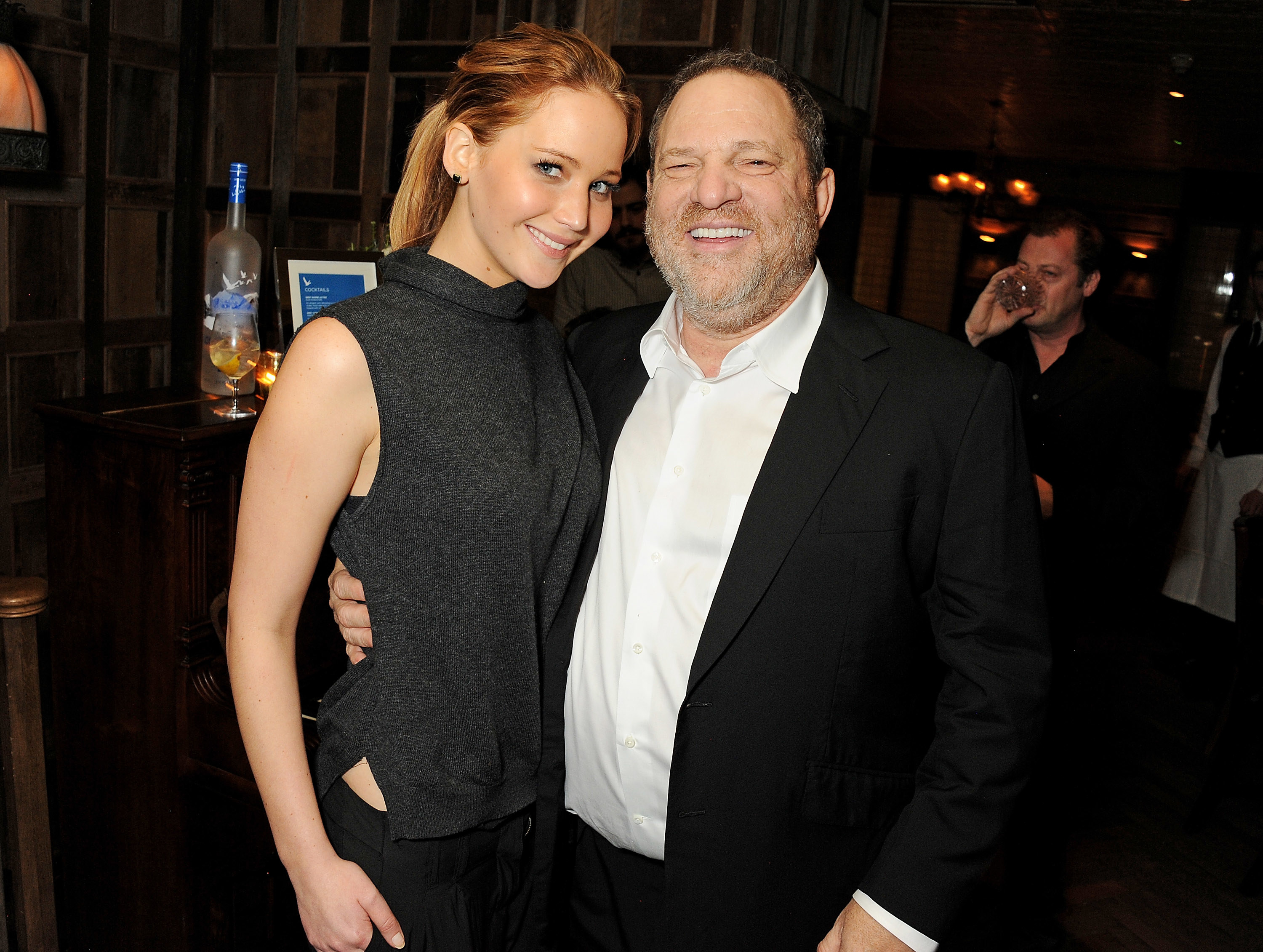
Jennifer’s relationship with Harvey Weinstein did not prove to be helpful at this time. Despite apologizing to him for neglecting to mention him in her acceptance speech at the 2013 Oscars, they maintained a friendly public image. However, in 2017, numerous allegations of misconduct, including harassment and abuse, surfaced against Weinstein, with prominent public figures coming forward. Jennifer, who had known Weinstein since she was 20, struggled to process these accusations. She admitted that while he had been nice to her most of the time, there were moments when he exhibited negative behavior, prompting her to refer to him as an “asshole”. She explained that in those moments, they would resolve the issue and move on. She also described him as paternal towards her. Unfortunately, her honesty on the subject would backfire in February 2018 when Weinstein’s legal team used her quote in his defense to dismiss another lawsuit involving harassment. They strategically mentioned Jennifer, Meryl Streep, and Gwyneth Paltrow to argue that these women supported Weinstein. Jennifer and Meryl countered this by issuing statements condemning Weinstein’s lawyers for twisting their words out of context. Jennifer stated to CNN that such actions were characteristic of predators and needed to be stopped. Despite these events, Jennifer’s association with Weinstein did not end there. Later that year, in another case of misconduct against Weinstein, a woman alleged that he had boasted about having slept with Jennifer, suggesting that it contributed to her success in winning an Oscar. Jennifer swiftly denied these claims in a vehement statement. However, the damage had been done. As the #MeToo movement gained momentum, uniting women in sharing their stories and fighting against harassment and abuse, Jennifer found herself on the outside of this sisterhood.
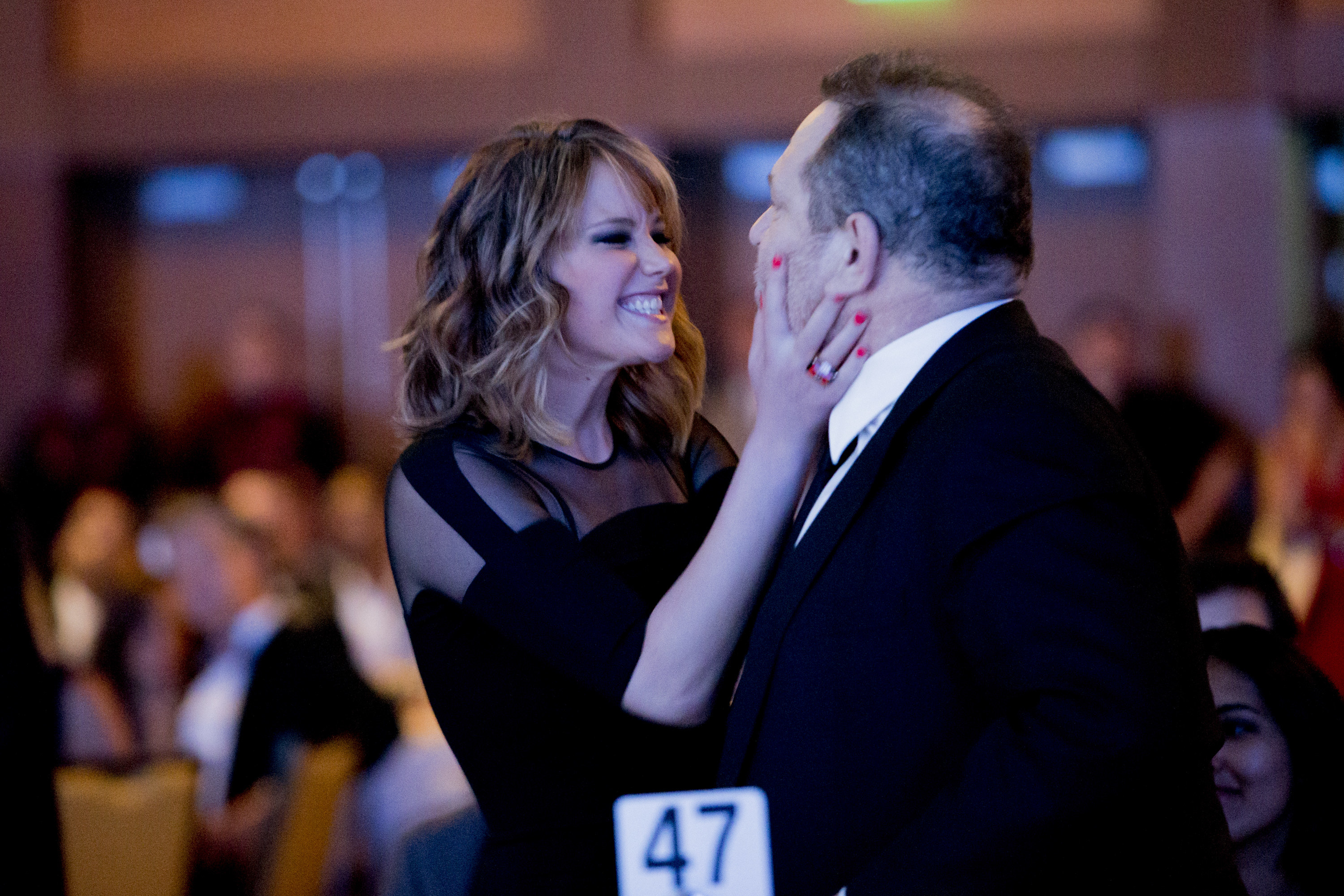
Furthermore, the political landscape underwent a significant shift during this time. The emergence of the #MeToo movement was in part a reaction to Donald Trump’s election in 2016, and it had a profound impact on society as a whole. Merely indulging in pizza and drinks at glamorous awards shows was no longer enough for celebrities; they were now expected to use their platform to advocate for change and take a leading role in the movement.
While many other famous women actively joined protests and initiated concrete actions to bring about change, Jennifer, who has never been active on social media, remained mostly absent from the public eye. She did, however, pen a couple of essays addressing issues such as the gender pay gap and the way forward in the wake of Trump’s presidency. These writings predominantly reflected white feminist perspectives centered around the concept of breaking through glass ceilings and raising one’s voice, but offered little in terms of tangible actions to drive actual change.

Jennifer has openly confessed that she had a falling out in private with her family members due to their support for Trump. However, she never made this disagreement public during that time. With the intense unrest surrounding politics, it was crucial for everyone to be clear about their political stances, particularly for someone like Jennifer, who is a wealthy, Caucasian, conventionally attractive actress and who had previously leaned towards the Republican party.
By the end of 2017, the general public’s dislike of Jennifer had become so evident that she had to address it in an interview with Oprah for the Hollywood Reporter. “Suddenly, there was this fear that people will become tired of me,” she shared, acknowledging the poor reception of her recent movies, the way she had to promote them, and the public’s backlash. Jennifer admitted that the negativity had significantly impacted her confidence, both in herself and in her acting abilities.

She also acknowledged that a significant amount of criticism was linked to the image she portrayed early in her career. She openly admitted to feeling uncomfortable about her quirky behavior during press tours, which ironically had initially made her a relatable figure.
Looking back, she reflected on her nerves during those press tours as a 21-year-old, recognizing that her actions may have been embarrassing. She had no desire to witness her own youthful antics.
It appears that the backlash prompted Jennifer to retreat from the public eye. From 2017 to 2019, she only appeared in three films before quietly tying the knot with Cooke Maroney, an art gallery director from New York. Subsequently, Jennifer Lawrence essentially disappeared from public view for the following two years.

During her recent interview with Vanity Fair in November 2021, Jennifer appeared to have dedicated her time apart to confront her own sense of self. The line between her public image and her authentic identity had blurred to the point where it was challenging to discern where Jennifer Lawrence truly ended and her public persona began.
In a conversation with the New York Times last November, Jennifer shared insights while promoting her latest film, Causeway. She delved into the reasoning behind her choice to modify her name after getting married while opting to retain Lawrence as her professional surname.
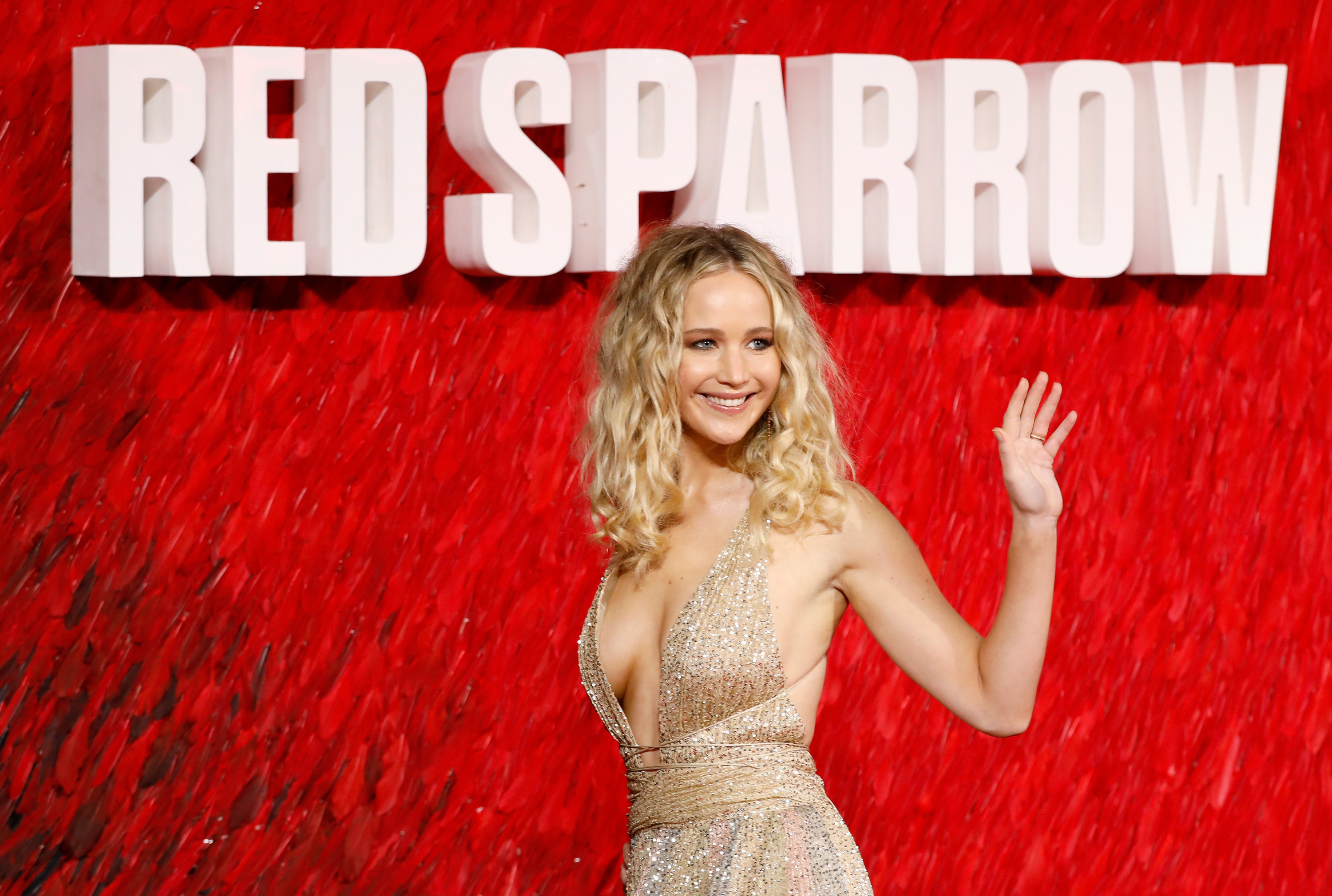
“I came into this world as Jennifer Lawrence, but at the age of 21, that name was taken away from me and I never managed to retrieve it,” she revealed, highlighting the distinction between her genuine self and the persona often seen in compilation videos titled “Funniest Moments” on YouTube. “That name now belongs to others,” she added.
While there is no doubt that her authentic personality and relatability played a vital role in her early success, it becomes increasingly challenging to maintain a genuine sense of self when it is constantly monetized and exploited to its full extent. After receiving praise and recognition for her quirkiness over the years, it is only natural to assume that Jennifer might have felt the pressure to live up to that expectation, molding herself to cater to public demand and blurring the line between the persona of Jennifer Lawrence and her true identity.
This blurring of lines and the overwhelming sense of public ownership became painfully evident when private photographs of her were leaked online in 2014, an incident that she describes as a haunting trauma that will forever be etched in her memory. In an effort to reclaim her own sexuality, she later took on the role in the movie “Red Sparrow,” demonstrating just how deeply intertwined her personal identity had become with public perception.
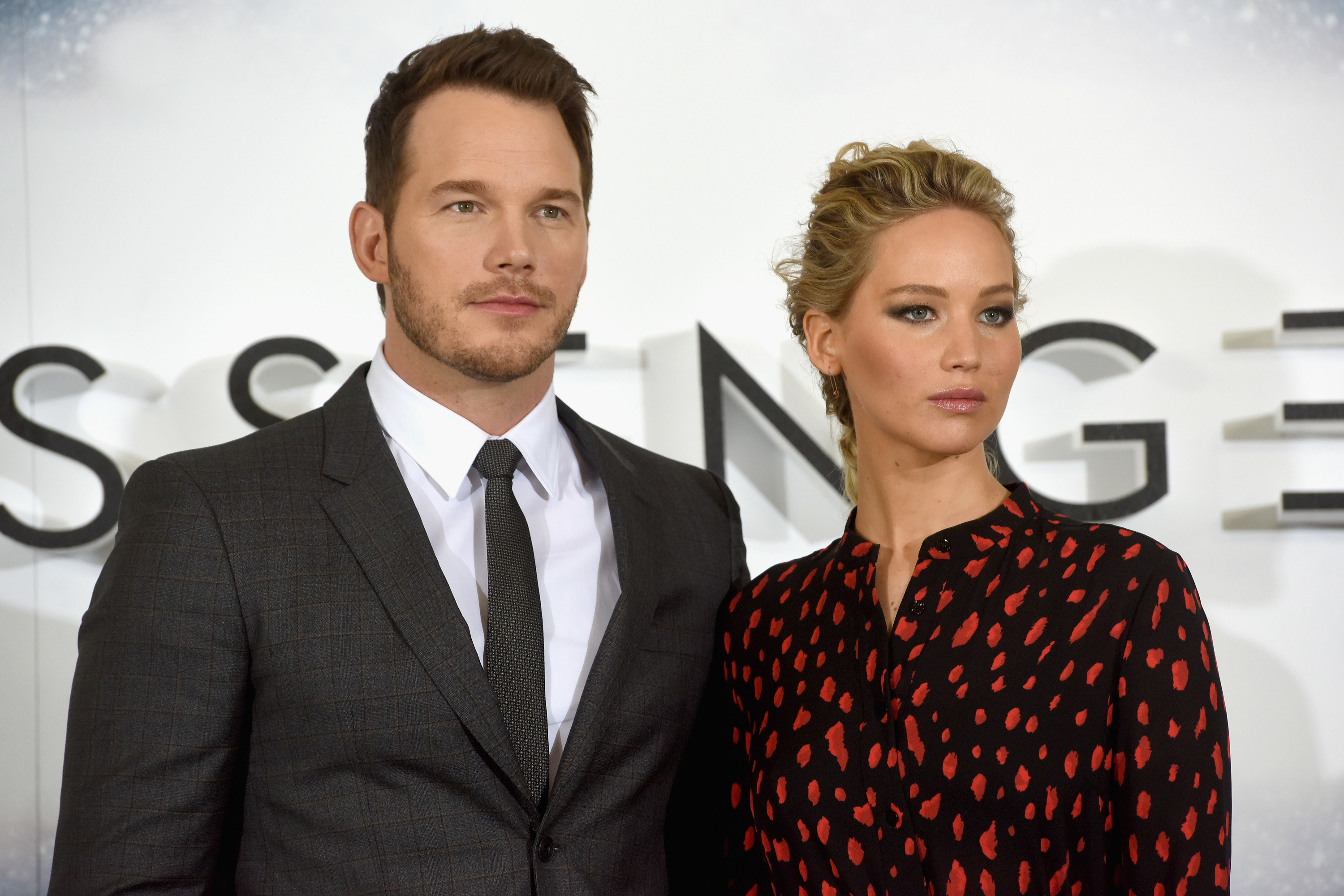
Understandably, when the perception of Jennifer shifted and her work projects started failing, she completely lost track of her identity and the career she had been striving for. According to her interview with the Times, she expressed feeling more like a famous figure rather than an actress, disconnected from her own creativity and imagination. This statement clearly reflected her realization that she had only existed to cater to fans and movie executives, and when their expectations were not met, she was disregarded. Consequently, the Jennifer who emerged back into the public eye was noticeably different from any previous version of herself. She appeared extremely conscious of how she presented herself, determined to conform, never being “too much” or engaging in any behavior that might irritate others. Expressing her nerves, Jennifer admitted during a late 2021 interview with Vanity Fair, “I haven’t communicated with the world in what feels like an eternity.”

She proceeded to explain the specific reasons why she took a break, with a trusted friend confirming that she disappeared in order to preserve her mental well-being after feeling overwhelmed by constantly promoting herself and trying to please everyone.
“In all honesty,” Jennifer shared with Vanity Fair, “I wasn’t producing the level of work that I should have been. It seemed like everyone was tired of me, including myself. It reached a point where I couldn’t seem to do anything right. Even when I walked a red carpet, there was criticism, questioning why I didn’t sprint instead.”
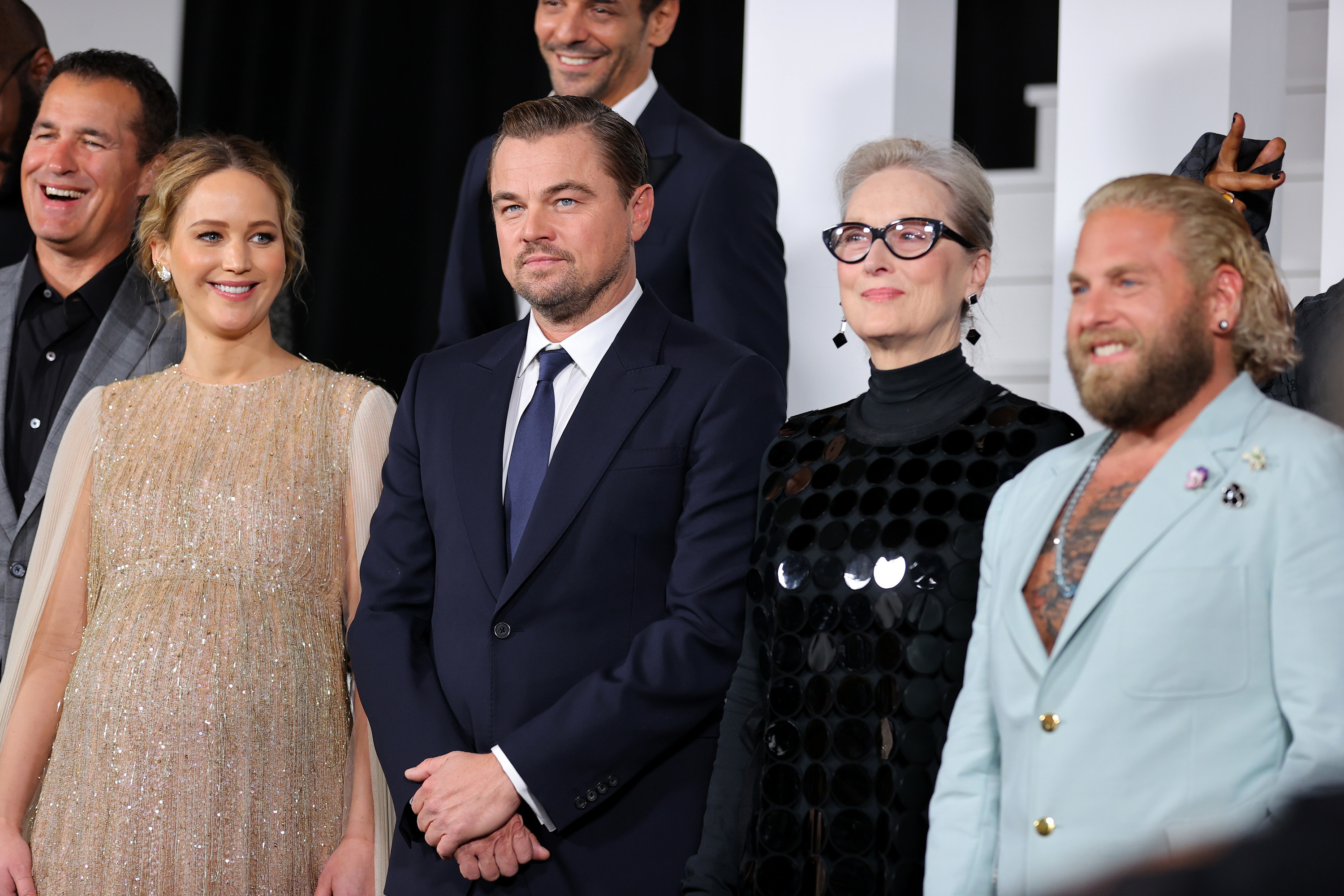
Jennifer’s return after a hiatus was filled with nervousness and hesitancy, stemming from her determination to approach things differently. She expressed her fear of coming across as annoying on the set of “Don’t Look Up,” especially in the presence of Leonardo DiCaprio and Meryl Streep. Her first talk show appearance in December 2021 showcased the same level of apprehension she had discussed in her Vanity Fair interview a month earlier. It was evident that she was careful not to say anything that could be deemed annoying, a departure from her previous self. Despite this change, people welcomed the new, more reserved version of Jennifer and showered her with praise in the comments section. Many remarked on her apparent transformation, noting the reduction in her previously frenetic energy. They commended her for not feeling the need to embody her old persona and recognized personal growth. One person expressed relief at seeing her more calm demeanor, declaring it a positive change.
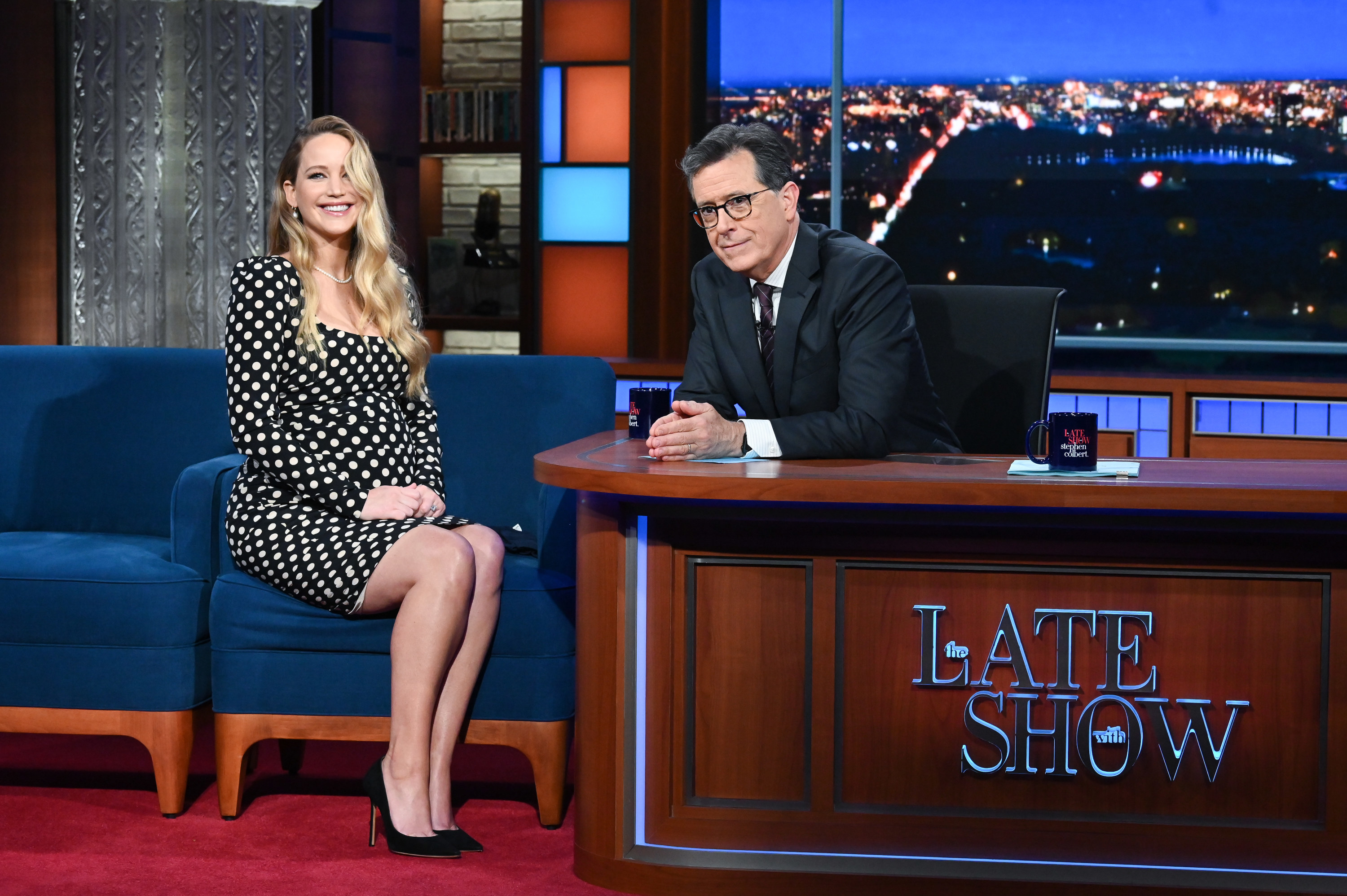
It comes as no surprise that her comeback was met with such enthusiasm. By presenting herself in a more composed, introspective, and less brash manner, she completely detached herself from the personality that the public had grown to despise.
It is also significant to note that this shift in public opinion occurred simultaneously with her pregnancy. Just like the reaction towards Jennifer Aniston and Angelina Jolie in 2005, women are quickly applauded for conforming to societal expectations of marriage and motherhood. While Jennifer Aniston was criticized as aloof and uncaring for choosing not to have children with Brad Pitt, Angelina Jolie was swiftly redefined from a seductive temptress to a loving caregiver the moment she and Brad were seen on the beach with her son. For Jennifer, her baby bump served as a tangible symbol that she had obediently embraced a quieter life and domesticity.
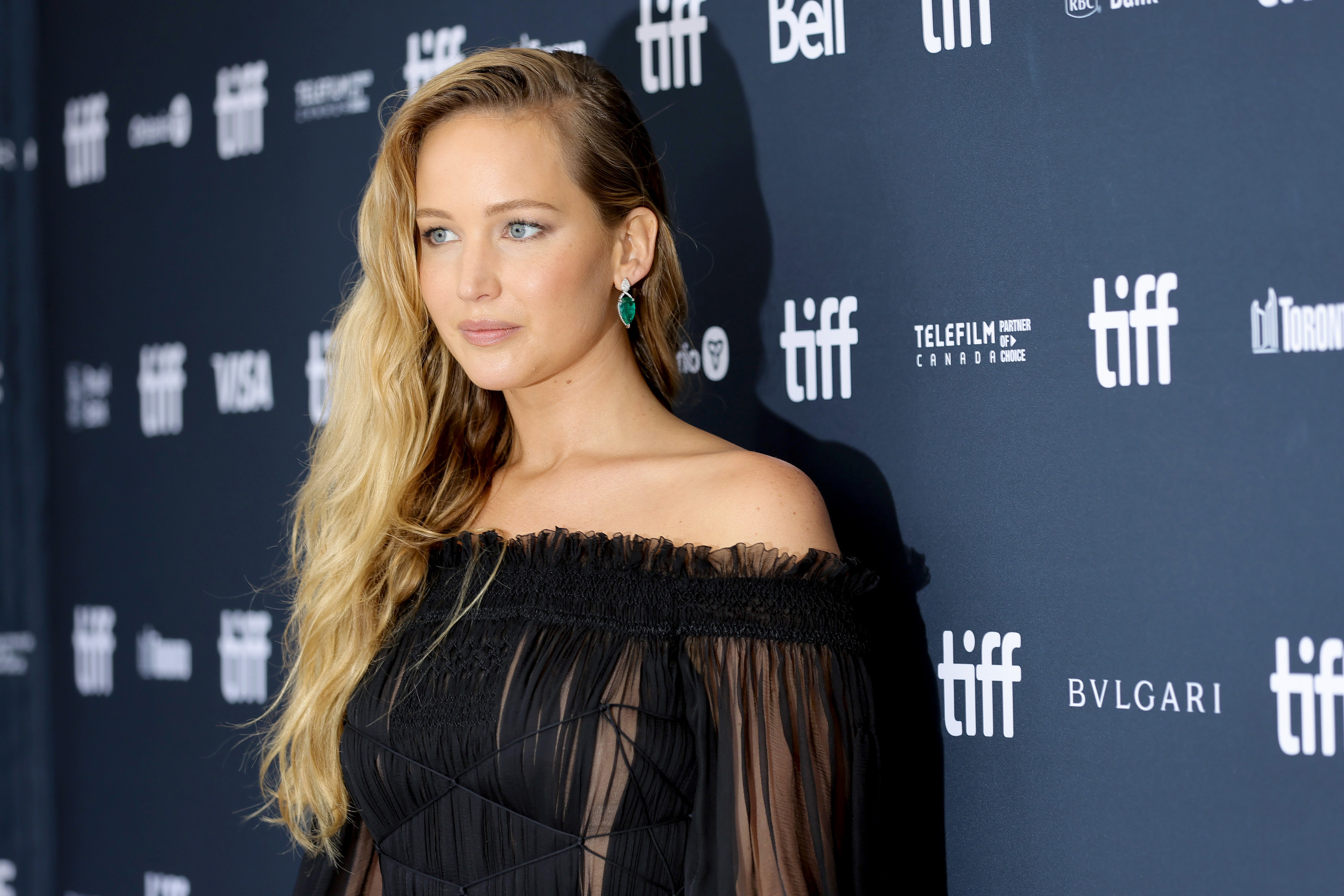
In a recent interview with Vogue, Jennifer made a bold statement by expressing her indifference towards public opinion. Instead, she revealed her heightened focus on weighty subjects such as politics, the potential revocation of Roe v. Wade, and the need for reforms in gun control. During her conversation about her latest film, Causeway, Jennifer playfully remarked that although she dedicated immense effort and time to its production, she now holds a nonchalant attitude towards its reception. She humorously added that in the grand scheme of things, if people fail to view the film, it wouldn’t matter much as we are all destined for an inevitable fate.
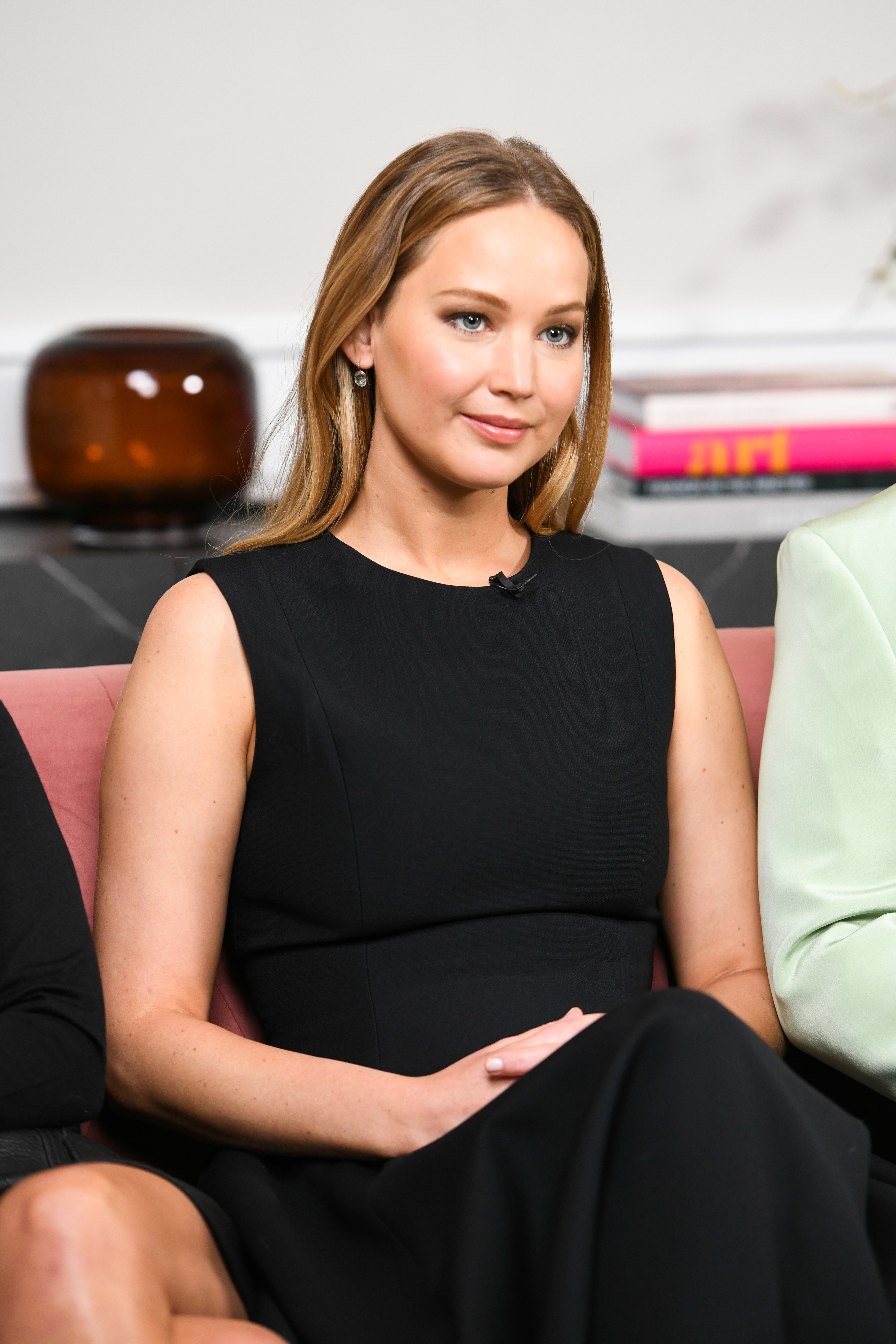
At first glance, her response suggested that her time away from the public eye had allowed her to reassess what truly mattered beyond the expectations of the entertainment industry and audiences. However, starting with emphasizing her hard work appeared to be an attempt to be taken seriously and draw attention to her most significant career endeavor so far – her inaugural role as a producer.
Although she no longer actively seeks out hurtful comments and reviews online as she did during the height of her success, it is apparent that Jennifer is, at the very least, mindful of how she is perceived. In recent interviews, she demonstrates caution in avoiding overexposure. Her responses appear restrained, as if she is aware that one wrong move or one overshared anecdote could lead to her being marginalized once again. Just as she may have exaggerated certain aspects of her personality for continued attention in 2013, she now seems to be toning herself down for the sake of acceptability.
However, this self-restraint is essential in order for Jennifer to differentiate between her past and present, something she clearly desires. It seems she is striving to exist less as Jennifer Lawrence the Celebrity – constantly memed, analyzed, and criticized – and more as the artist she set out to be before the overwhelming success of “The Hunger Games” thrust her into the stratosphere. She has been slowly establishing boundaries to reduce the public’s consumption of her personal life and career.
This process began with safeguarding her private life. While she has always been cautious about disclosing details about her past relationships, it is undeniable that several of them have played out under the intense scrutiny of the public eye. This has only fueled celebrity gossip and diverted attention from her work.
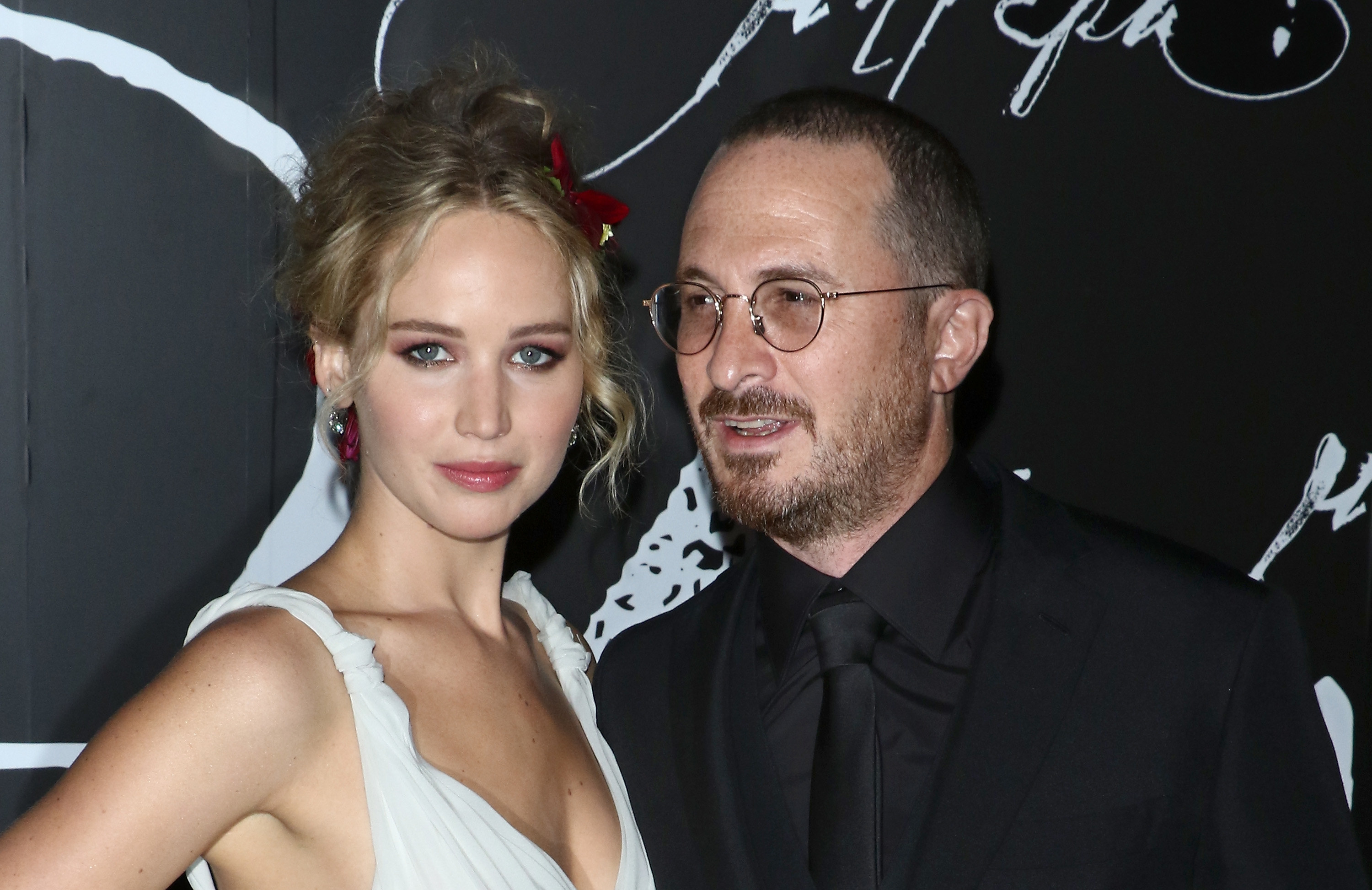
To illustrate, she appeared in the X-Men series alongside her on-again, off-again lover Nicholas Hoult from 2010 to 2015. Not only did they share the screen, but they also accompanied each other to events and openly discussed their relationship in interviews. Jennifer even hinted strongly that the leaked nude photos in 2014 were taken for him. However, when she started dating director Darren Aronofsky in 2016, the public’s fascination with their relationship and their significant 22-year age difference overshadowed their work on the film Mother!
Nevertheless, Jennifer’s situation with her husband contrasts starkly. They have yet to make an appearance together at any public event, and it seems this will continue in the future. After giving birth to their first child, Jennifer announced in Vogue that she had a son named Cy, but emphasized that she would not be sharing any further details about her baby.

Jennifer’s newfound control over her public image extends to her career as well. Unlike in the past, where she prioritized blockbuster movies for the sake of being a movie star, she now focuses on projects that she is passionate about. These projects allow her to showcase her talent and tell meaningful stories, rather than being judged solely on the size of the production.
For her big comeback, Jennifer starred in “Don’t Look Up,” her first-ever comedy, directed by someone she had always dreamed of working with since she was just 19 years old. Similarly, her second film after her hiatus, “Causeway,” is the first project produced by her own company, which is dedicated to supporting stories that she believes should be heard.
In the future, Jennifer has more exciting projects lined up. She is set to star in a biopic about Hollywood agent Sue Mengers, which will be directed by Paolo Sorrentino. Additionally, she will appear in an R-rated coming-of-age comedy called “No Hard Feelings.” These projects exemplify Jennifer’s desire to continue working on her own terms and telling stories that resonate with her.
What is interesting is that Jennifer has kept the promotion of these films relatively minimal. She usually chooses only one talk show appearance and a high-profile magazine interview for each project. By doing so, she avoids giving the public excessive personal information that could be scrutinized. This approach allows her to live a relatively peaceful life, free from constant scrutiny.
In a recent interview with the Times, Jennifer expressed her satisfaction with this new chapter of her life. She feels that she is finally living the life she had always imagined. While there might be occasional articles about her fashion choices, overall, the public’s interest in her has lessened. Jennifer is grateful for this shift and is embracing the freedom to work on projects she genuinely cares about without constant scrutiny.




